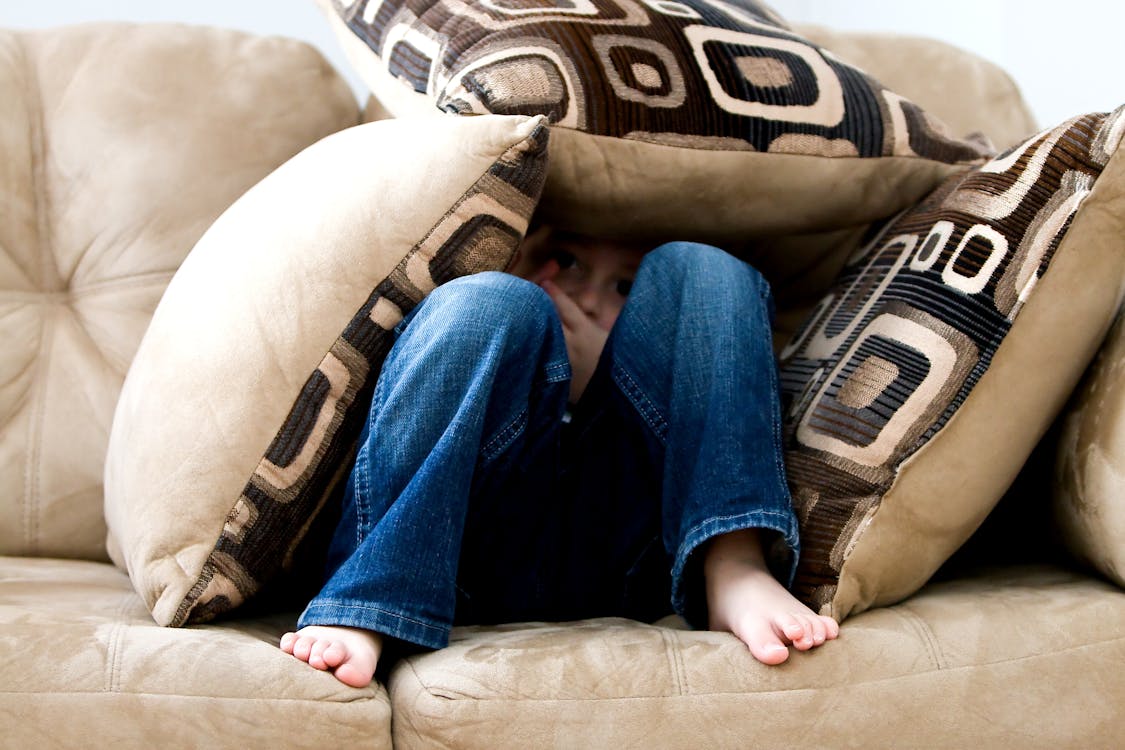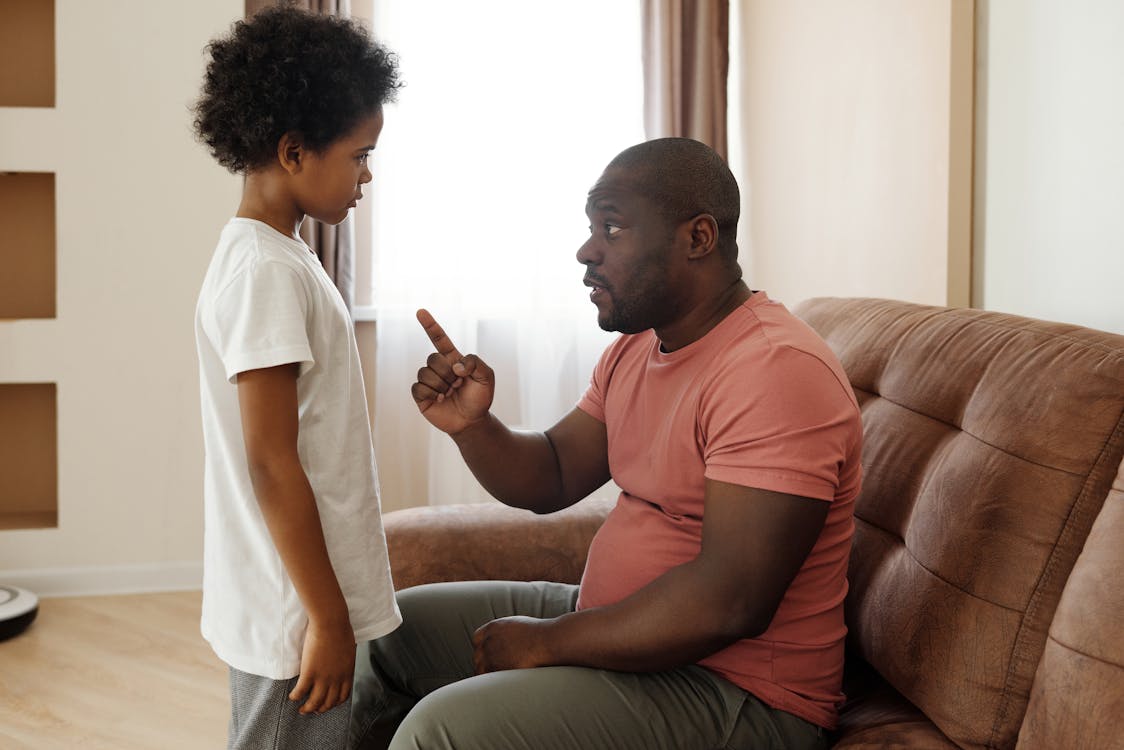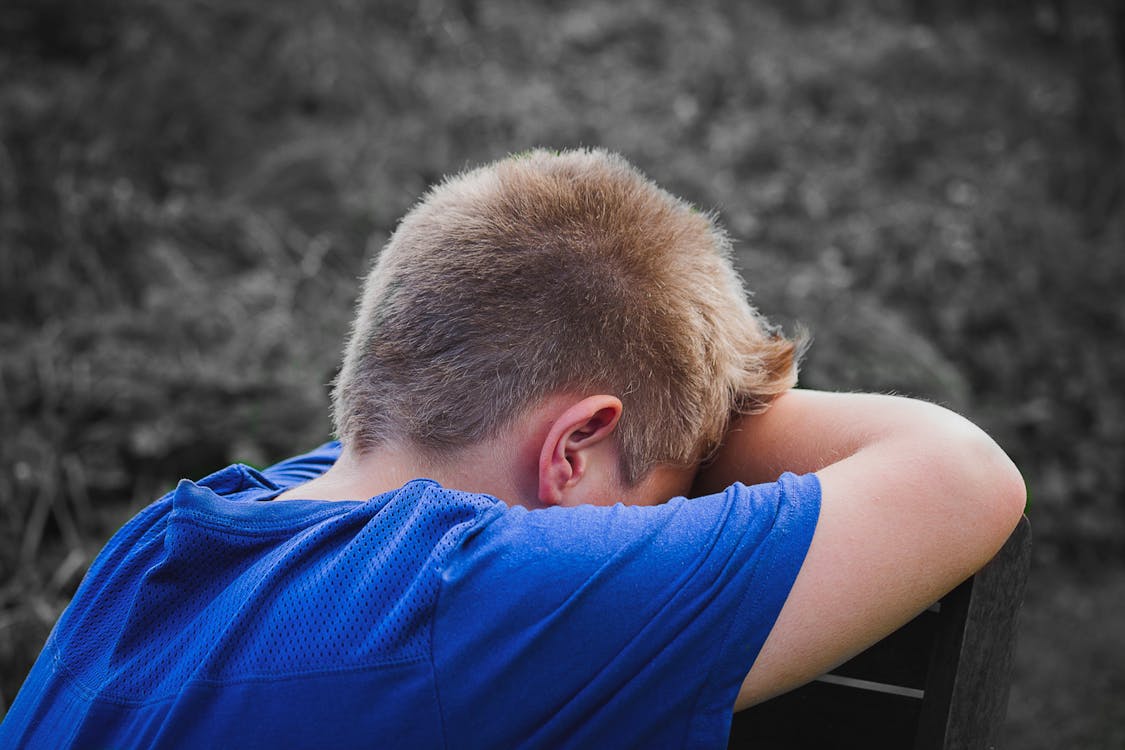Parents would rather not encounter temper tantrums in their children. Such outbursts are more frequent among 1-3 year olds and can put parents in challenging positions.
According to psychologists, this is due to the fact that children at this age are still in the process of developing socially, emotionally, and linguistically.

Temper tantrums are more common in children between the ages of 1-3. This is because young children have not yet completed their social, emotional, and language development. Children may not always be able to communicate their needs and feelings to the other party, including the desire to do something for themselves, so they can experience frustration and disappointment. Therefore, tantrums are one of the ways young children express and manage their emotions, and it is a way for them to understand or change what is happening around them.
Older children may also experience temper tantrums. The reason for this may be that they have not yet learned safe ways to express or manage their emotions.

There are other possible reasons why children may experience temper tantrums. These include:
Temperament: This affects how quickly and strongly children react to annoying events or changes in their environment. Children who are more sensitive in temperament may react more to changes in their environment and may be more easily upset.
Stress, Hunger, Fatigue, and Overstimulation: These can make it difficult for children to express, manage, and stay calm.
Situations Children Cannot Cope With: For example, a larger child may have difficulty coping if a toy is taken away, and a walking child may struggle to cope with such a situation, leading to anger tantrums.
Strong Emotions: Anxiety, fear, shame, and anger can be difficult emotions for children to cope with and understand.

Self-Regulation: It is the ability to understand and manage emotions and reactions. Children start developing emotion regulation skills around the age of 12 months. As your child grows, they can better regulate their responses and calm down when something sad happens.
Impulsivity: High levels of impulsivity can lead to anger tantrums.
Inappropriate Parental Attitudes: Inappropriate reward/punishment attitudes, inconsistent approaches, and inconsistencies in permissions and prohibitions can be considered among the causes of anger tantrums.
What Are the Symptoms of Temper Tantrums in Children?
Very long-lasting crying fits Speaking loudly or screaming Throwing oneself on the ground, tantrums Hitting, biting, scratching Harming others or oneself, aggressive behaviors Hair pulling Holding breath Tensing up Arguing with parents, doing the opposite of what is said

What Should Be Done During Temper Tantrums in Children?
Typically, the best way to respond to an anger tantrum is to stay calm. If you respond loudly or in an angry manner, your child may mimic your behavior. It is important to remember that shouting to calm a child can make things worse.
For newly walking children, spending time with them can yield better results. Stay close, make physical contact, provide comfort, and assure them that you understand their feelings.
For older children, you can use 4 calming steps. These are; identify the emotion, name the emotion, support your child as they calm down, and address the problem that triggered the anger tantrum.

First, make sure your child and others nearby are safe. This may mean taking your child to a safer area if necessary. When your child comes to a safe place, calmly accept the emotion they express. Speak slowly and in a low voice. Stay quietly with your child until they calm down. Touch them if they want, or create more physical space if they need it. Do not try to reason with your child or insist on them acting rationally. Be consistent about not giving in to demands. Consistency is important to show that anger tantrums are not a means for your child to get what they want. Consider your child’s needs. This may mean allowing your child to scream and shout until they are ready to calm down or stop. For example, you can say, “You can scream louder if you want. This is a big park, and we’re not bothering anyone.”
Comfort your child when they calm down. Learn how to manage your own emotions to cope with anger tantrums. Do not react with anger or laughter to anger tantrums. Accept that change takes time.
What Should Be Done After Temper Tantrums in Children?
Help your child understand their feelings. Use reflective statements such as “You got very angry because your toy broke, and you couldn’t get a new one.” Encourage your child to understand how coping with a difficult situation feels. For example, “I saw that when your tower fell, you got angry but then you rebuilt it. How did that feel? Did you feel strong and calm?” Talk to your child about their feelings after they have calmed down from a temper tantrum. For example, “Did you throw it because the toy didn’t work? What else could you have done?” Model positive responses to stress. For example, “I’m worried that this traffic is delaying us. If I take a few deep breaths, it helps me stay calm.”
When Is It Necessary to Seek Help from a Professional?
As children develop emotion regulation skills, temper tantrums should become less common. Most children start having fewer temper tantrums around the age of 4. If your child is hurting themselves or others, holding their breath until they faint during temper tantrums, crying fits last too long, or the frequency of temper tantrums is increasing, it may be beneficial to seek support from a mental health professional.
-Source: A News
______________________________________________________________
FOLLOW INDEPENDENT PRESS:
WhatsApp CHANNEL
https://whatsapp.com/channel/0029VaAtNxX8fewmiFmN7N22
![]()
TWITTER (CLICK HERE)
https://twitter.com/IpIndependent
FACEBOOK (CLICK HERE)
https://web.facebook.com/ipindependent
Think your friends would be interested? Share this story!





